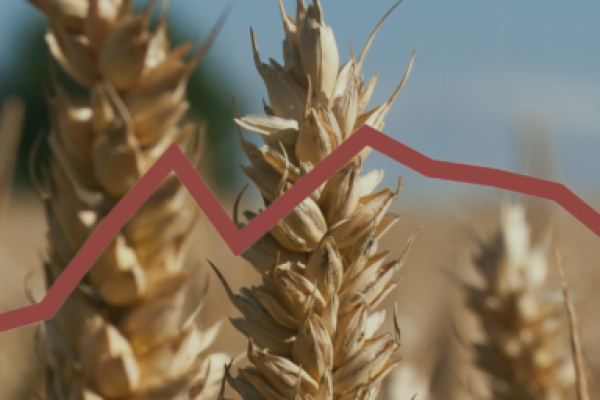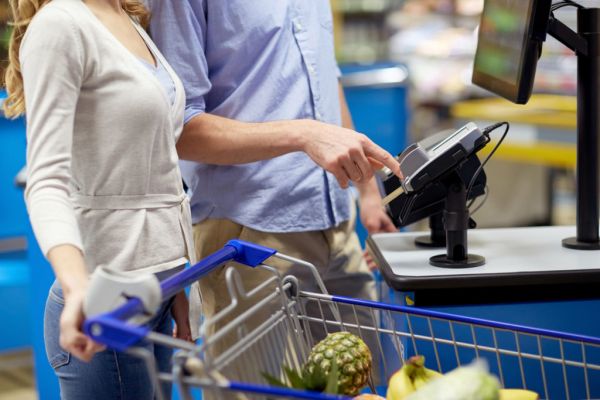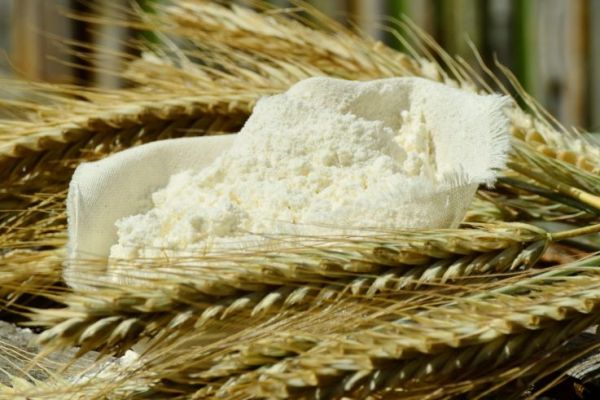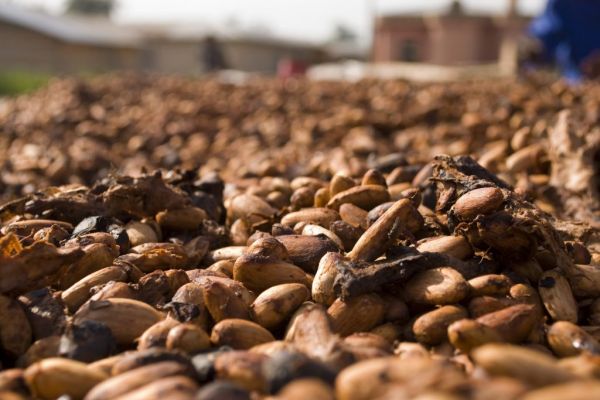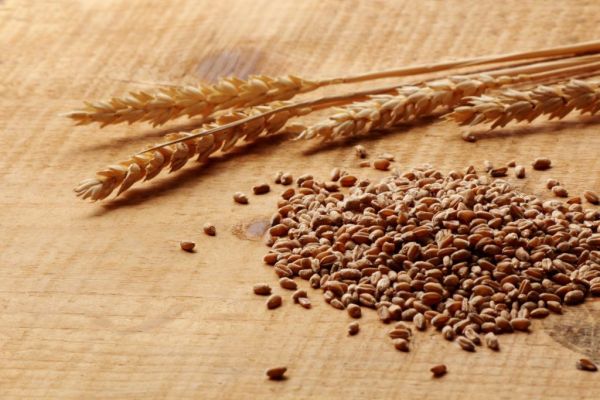The invasion of Ukraine has led spring crop plantings to be down by at least a third, supply routes to be disrupted, and more than 10 million people to be displaced, a study has found.
According to IPES-Food's study, Another Perfect Storm?, maize hit its highest price level ever in March 2022. Wheat export prices also hit a 14-year peak, rising 20% above February prices.
At least 20 countries import more than 50% of their wheat from Ukraine and Russia, while more than 30 countries depend on these countries for at least 30% of their wheat import needs.
IPES-Food is an independent panel of experts guided by new ways of thinking about research, sustainability, and food systems.
Price Increases
As a knock-on effect, the price of bread has almost doubled in Sudan, ands has increased by 70% in Lebanon.
Svenja Schulze, German development minister commented, “Lebanon is almost completely dependent on Ukrainian wheat supplies and was already very vulnerable."
The cost of importing wheat has reportedly been increased by 33% in Kenya and Egypt.
Supply interruptions in the Black Sea region have combined with stalled shipments, export restrictions and panic buying, the report stated.
Heavy reliance on food imports, grain hoarding, excessive commodity speculation, declining international solidarity and systematic climate induced supply strains have been fanning the flames of hunger in the conflict zones of Yemen, Afghanistan and Syria.
Food Security Portal
As the study puts it, flaws in the supply chain were exposed, but were left unaddressed, after previous food price spikes between 2007 and 2008.
The Food Security Portal, initiated in 2010, seeks to address the cause of volatile food prices.
“A new generation is once again facing mounting food insecurity, and it seems no lessons have been learned since the last food price crises," commented Olivier De Schutter, co-chair of IPES-Food.
"Continuing to rely on a handful of food commodities and countries for global food supplies, combined with predatory financiers betting on food, is a recipe for disaster. We can only hope that this time will be different.”
World food prices saw highs in April this year. The UN Food and Agriculture Organisation registered on April 8 that prices were 34% higher than last year.
Overdependence On Global Trade
Elsewhere, Sofia Monsalve, FIAN secretary general commented, “Increasing industrial food production and maintaining overdependence on global trade will not solve this food crisis. Unfortunately, that has been the main international response so far.
"It is time for the United Nations Committee on World Food Security (CFS) to coordinate a global policy response using a human rights approach to change course.”
Food systems experts have called for urgent action to curb immoderate commodity conjecture and increase market transparency, support food importing countries (also through debt relief), and build up regional grain reserves and food security response systems.
© 2022 European Supermarket Magazine – your source for the latest supply chain news. Article by Nikita Naz Siddique. Click subscribe to sign up to ESM: European Supermarket Magazine.
